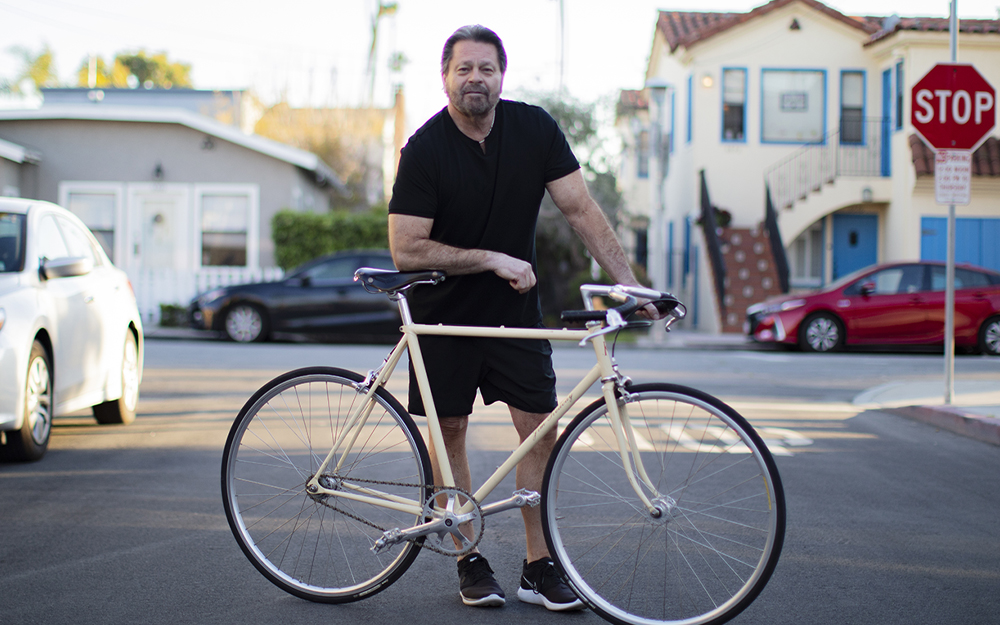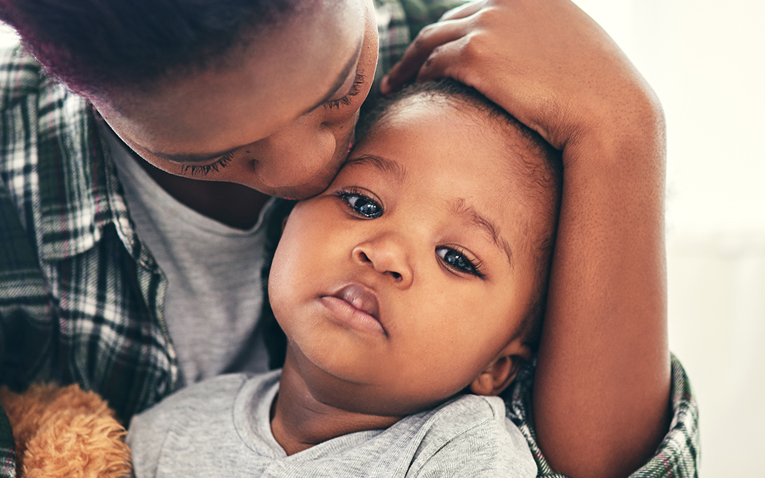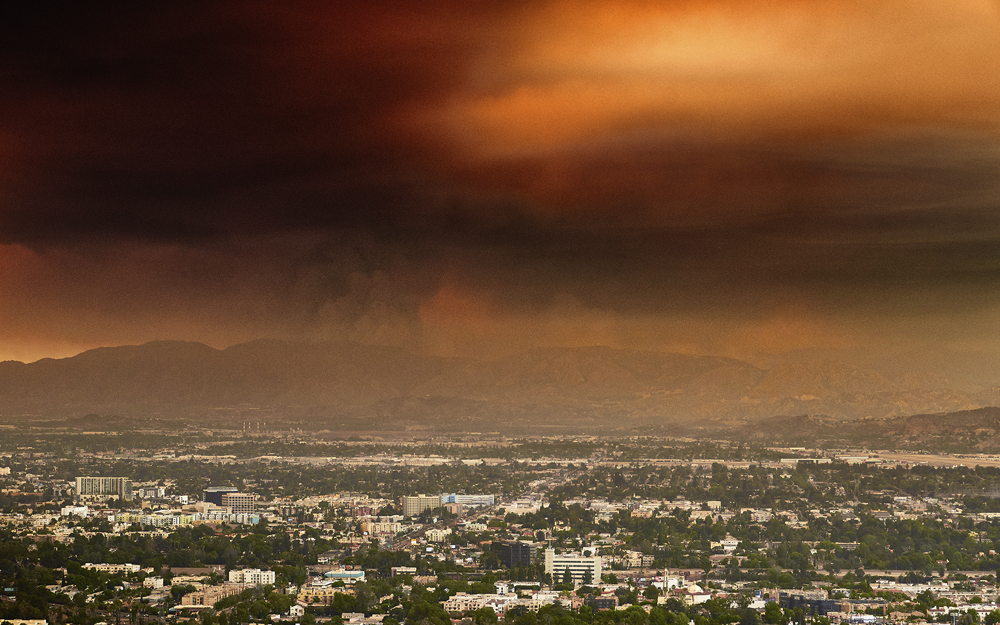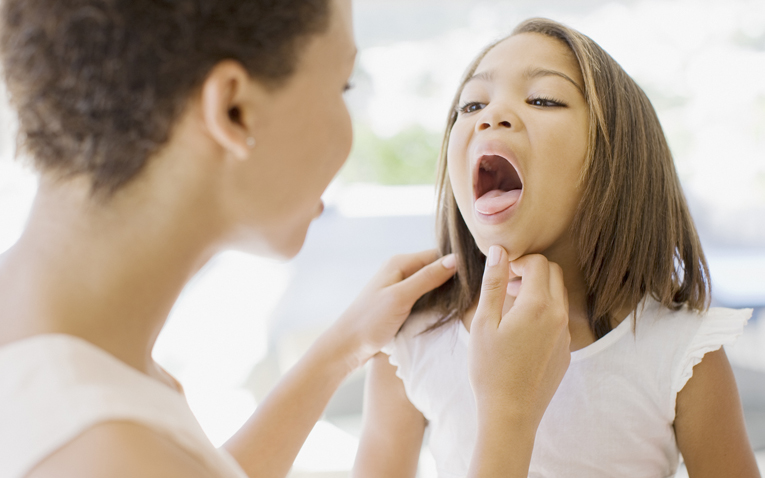Heatstroke and Heat Exhaustion: What You Need to Know
Date
June 23, 2018
Credits
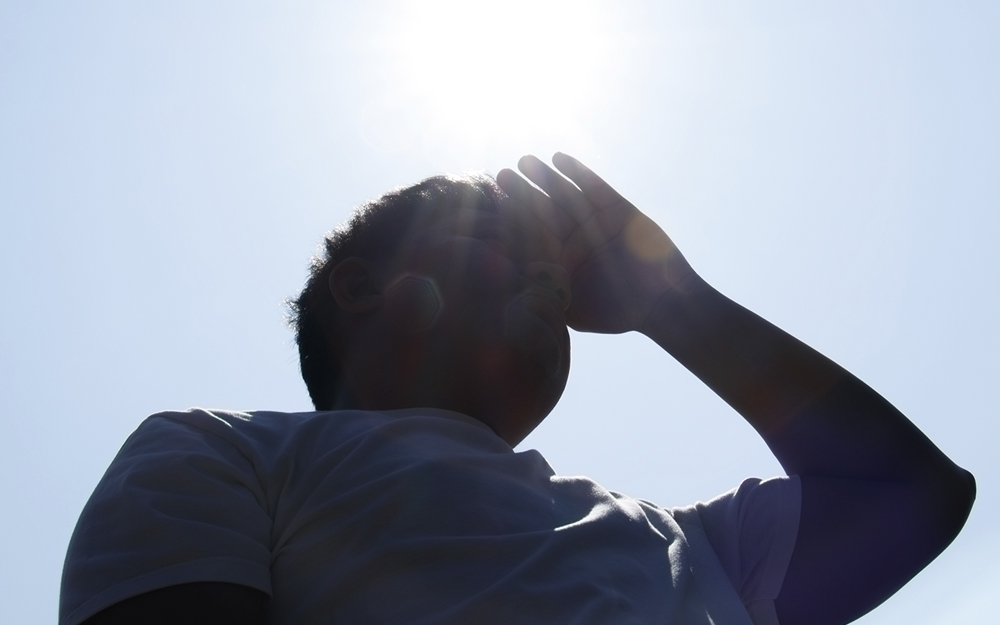
Date
June 23, 2018
Credits
Medical providers featured in this article
In Brief
{{cta-block}}
You may not feel it, but right now your body is hard at work to maintain a healthy temperature: warm enough to ward off infections, cool enough to maintain your metabolism.
When it's hot out, it's important to keep that healthy temperature stable. Hot weather isn't just uncomfortable—it can be downright dangerous.
More than 200 people across the US die due to heat injuries from exposure to hot summer temperatures, according to Los Angeles County's Emergency Survival Program.
Call 911 if someone is experiencing heatstroke.
The first step to keeping yourself safe: Know the signs of heat exhaustion and heatstroke.
"If you stop exercising and you keep sweating, that's the clue: Get out of the heat," says Phil Booth, a nurse and educator in the Cedars-Sinai Emergency Department.
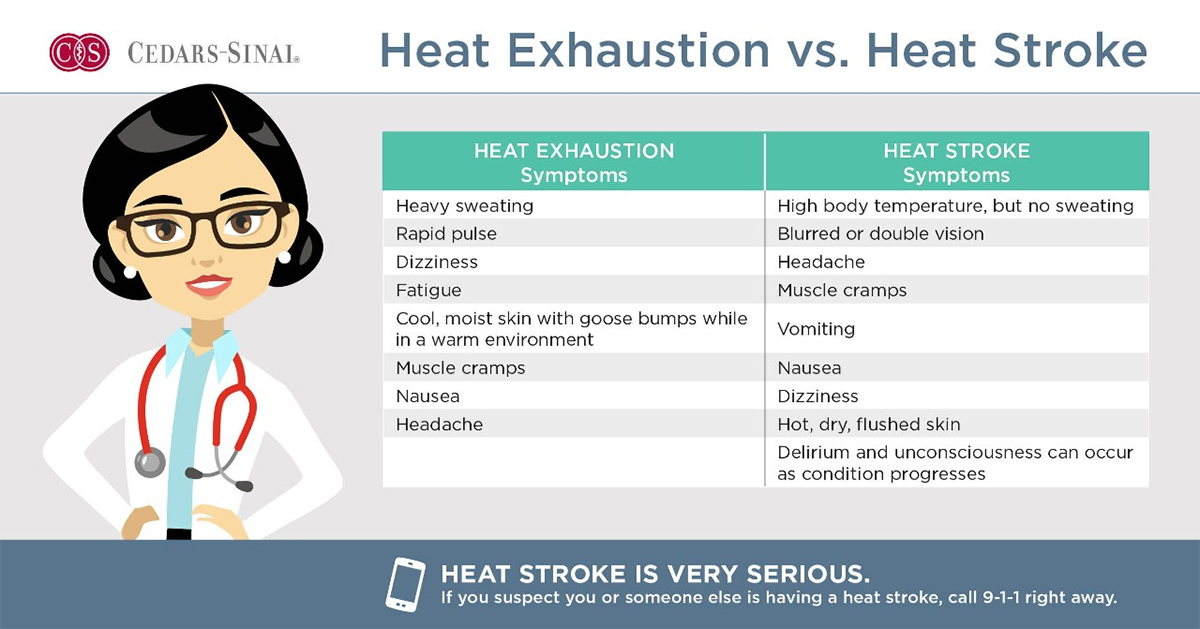
Heat exhaustion
Heat exhaustion is the precursor to the more serious condition of heatstroke, and is a direct result of the body overheating.
Symptoms of heat exhaustion include:
When these symptoms kick in, get out of the heat immediately and rest. Drink water or a sports drink. Try to cool down with a cool shower, soak in a cool tub, or put cold towels on your skin. Also, loosen your clothes and remove any unnecessary or tight clothing.
Heatstroke
Heatstroke is more serious, and requires immediate medical attention. Call 911 if someone is experiencing heatstroke.
Symptoms of heatstroke include:
Once you've called 911, remove the person's clothing and sponge them down with cool water or put them into a cool bath. Continue this until their temperature decreases—and never try to give water or other fluids to someone who is unconscious.
You don't necessarily have to be doing strenuous exercise outside to develop heat exhaustion or heatstroke.
Preventing heat exhaustion and heatstroke
Phil says it's important to remember that you don't necessarily have to be doing strenuous exercise outside to develop heat exhaustion or heatstroke. Being in a hot, unventilated room is enough to trigger these conditions, as the temperature can be even hotter than outside. Children and older people are especially vulnerable.
People don't recover quickly from heatstroke. While the key is bringing body temperature down, the body's regulatory system can be thrown out of whack and take a long time to recover.
